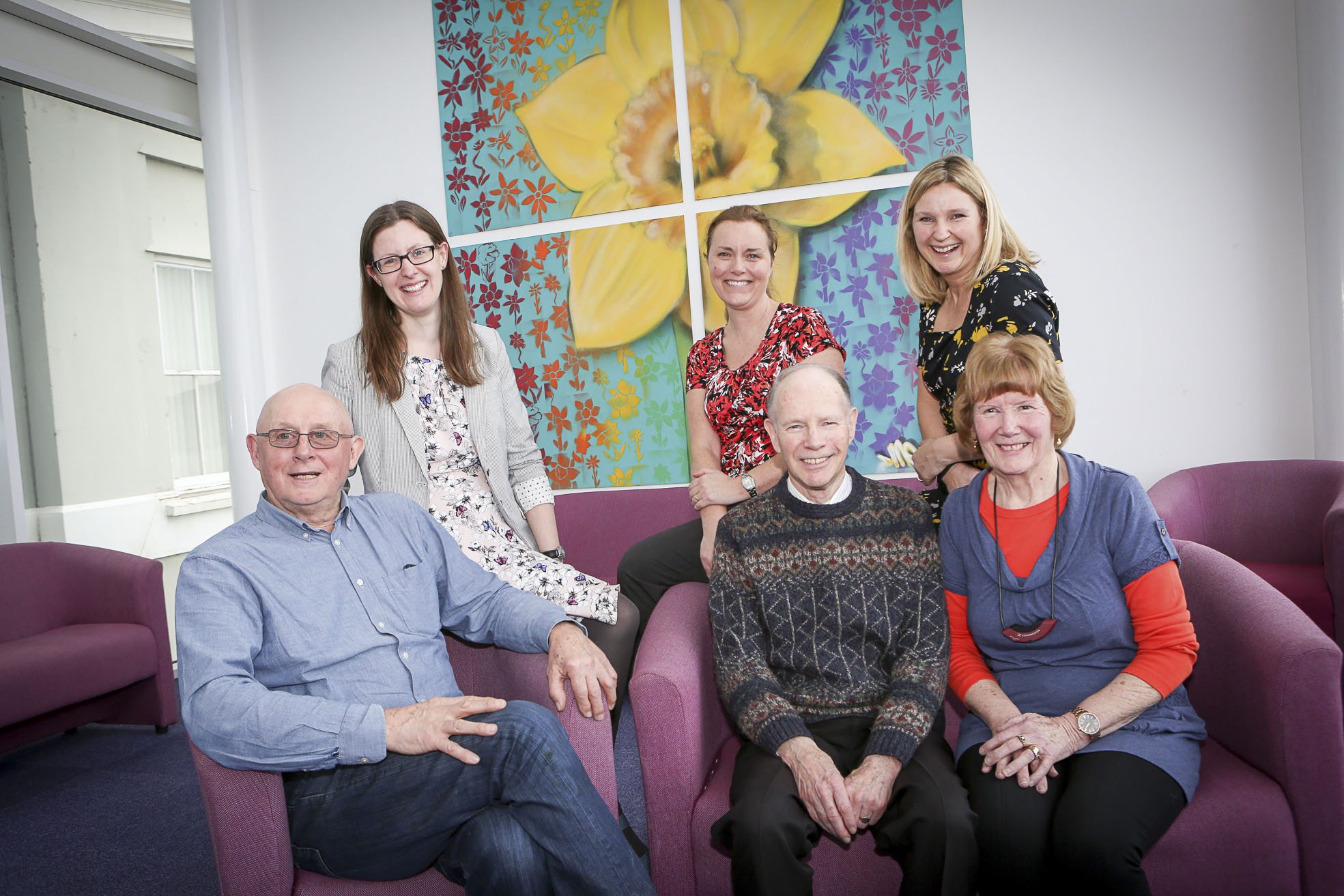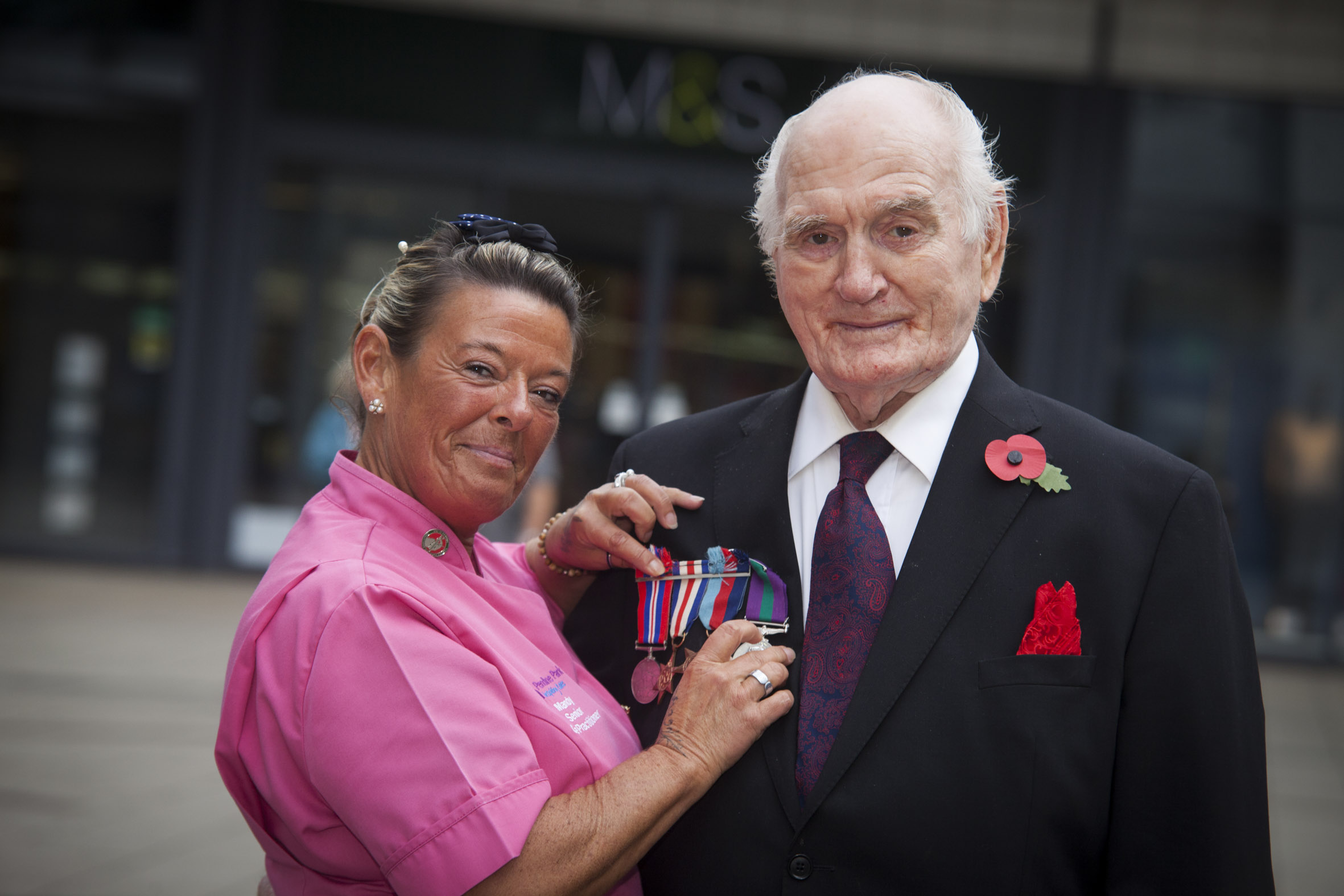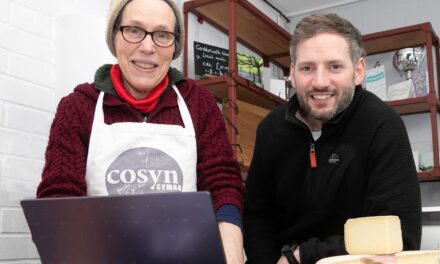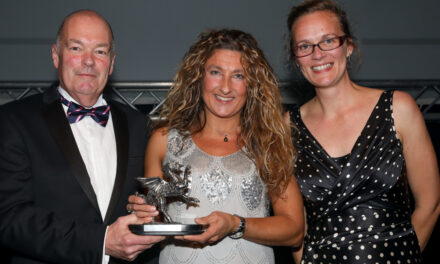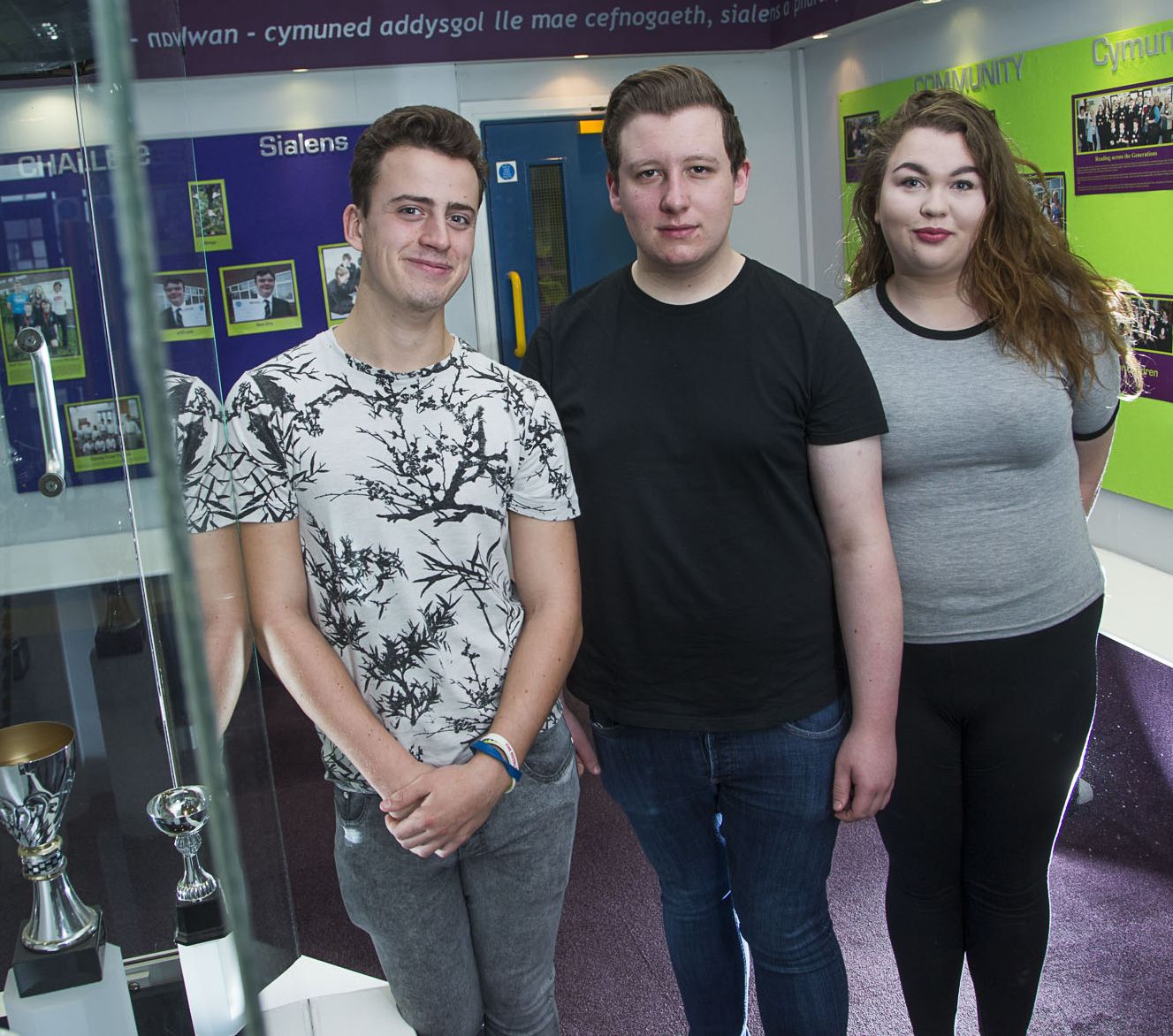A former school meals supervisor has found a new role – helping people with hearing problems.
Pensioner Joan Fisher, 77, from Wrexham, is one of the volunteers who provide assistance and advice to hearing aid users at drop-in sessions and in their own homes.
The volunteers’ work is helping audiology departments reach out to more people by carrying out routine checks and maintenance on hearing devices in the community.
Joan has worn a hearing aid for the past seven years and has now volunteers at drop-in sessions at Llangollen and Penycae.
She said: “The clients really love the service as it saves them having to make a trip to the hospital. And it’s not a clinical environment which some elderly people find difficult.
“I know we save so much time for audiologists even though we are only doing the basics like checking batteries and re-tubing a device. The response we get is fantastic and makes it all worthwhile. You actually feel you’ve done some good.”
She added: “The best words you can hear, after you’ve carried out some simple basic maintenance on a device, is when you ask the client can they hear OK and they tell you to stop shouting! It means a lot.
“I really enjoy the role. I run drop-in sessions at Llangollen Library and another at a community centre in Penycae.”
Joan was among the volunteers from across the region who attended a special celebration event at Venue Cymru in Llandudno.
They were welcomed by Jane Wild, Betsi Cadwaladr University Health Board’s head of adult audiology.
Thanking volunteers for the support they provide to many hearing aid users she said: “We really welcome the additional support our volunteers are able to provide to our service users.
“Many of our volunteers are themselves hearing aid users, or have a family member who is, and so understand firsthand the difficulties they may be experiencing
“They go out to drop-in sessions or visit patients in their own homes and are trained to re-tube hearing aids and carry out basic device maintenance.
“They also provide advice and encouragement, referring back to audiology or on to other support organisations when they feel that this will help.”
“The service they provide means audiologists can focus on delivering the parts of the service that require a qualified audiologists.
“Without our volunteers we would have to spend more time re-tubing hearing aids, checking batteries are fitted properly and carrying out other simple maintenance tasks.”
Volunteer Dylan Williams, 74, of Wrexham, who uses a hearing aid himself, helps run a drop-in session at Penley every third Monday of the month and also visits hearing aid users in their own homes if requested to do so.
He said: “We take pressure off audiology. We are able to carry out mundane jobs when it comes to hearing aid maintenance, which means the professionals can do the jobs they need to be doing.
“It works because, as volunteers, we can talk at the same level and we have often experienced the same issues the client is experiencing.
“I really enjoy it and some of the older people we visit are so pleased to see you as they don’t get many visitors.
“The fact we call, have a brew, sort out the problem they have with their hearing aid, and enjoy a chat is really important to them and certainly makes me feel better too.”
Former social worker Derek Griffiths, 78, of Buckley, runs a drop-in session held at Parkfields Community Centre, which is next door to Mold Community Hospital, on the second Tuesday of every month. He said clients respond to the fact the assistance they receive isn’t in a clinical environment.
Derek said: “We also visit nursing homes to carry out basic hearing aid maintenance. It’s amazing the difference it can make.
“Some people struggle along and are amazed at the difference after we have checked their hearing aids and made some simple adjustments.
“We don’t take on anything we aren’t qualified to do, it’s really basic stuff but it frees up so much time so audiologists can get on with what they need to do.”
According to Sarah Bent, a clinical scientist with Betsi Cadwaladr University Health Board’s audiology service, the work volunteers do means patients, many of whom are elderly, don’t have to travel to hospital when their hearing aids need basic maintenance.
She said: “The work of our volunteers certainly helps a great deal so audiologists can work in clinic with the patients most in need of their help.
“And the volunteers really add value. They can speak about their own experiences and so offer something that professionals cannot.”
Suzanne Tyson, chair of the charity Hearing Aid, who works with Betsi Cadwaladr University Health Board’s Hearing Aid Volunteer Service in the Glan Clwyd area said: “The volunteer service was operated by Action on Hearing Loss, formerly called the RNID, through their Hear to Help project which was lottery funded and ran across the whole of Wales.
“That project has now come to an end and the volunteer service has been taken over by the health board. I’m so pleased and proud to be involved with the service and delighted with its obvious success.”
“The work the volunteers do is vital and amazing. Each and every volunteer puts so much work in and the value to our patients and therefore Betsi Cadwaladr University Health Board should not be underestimated.”

